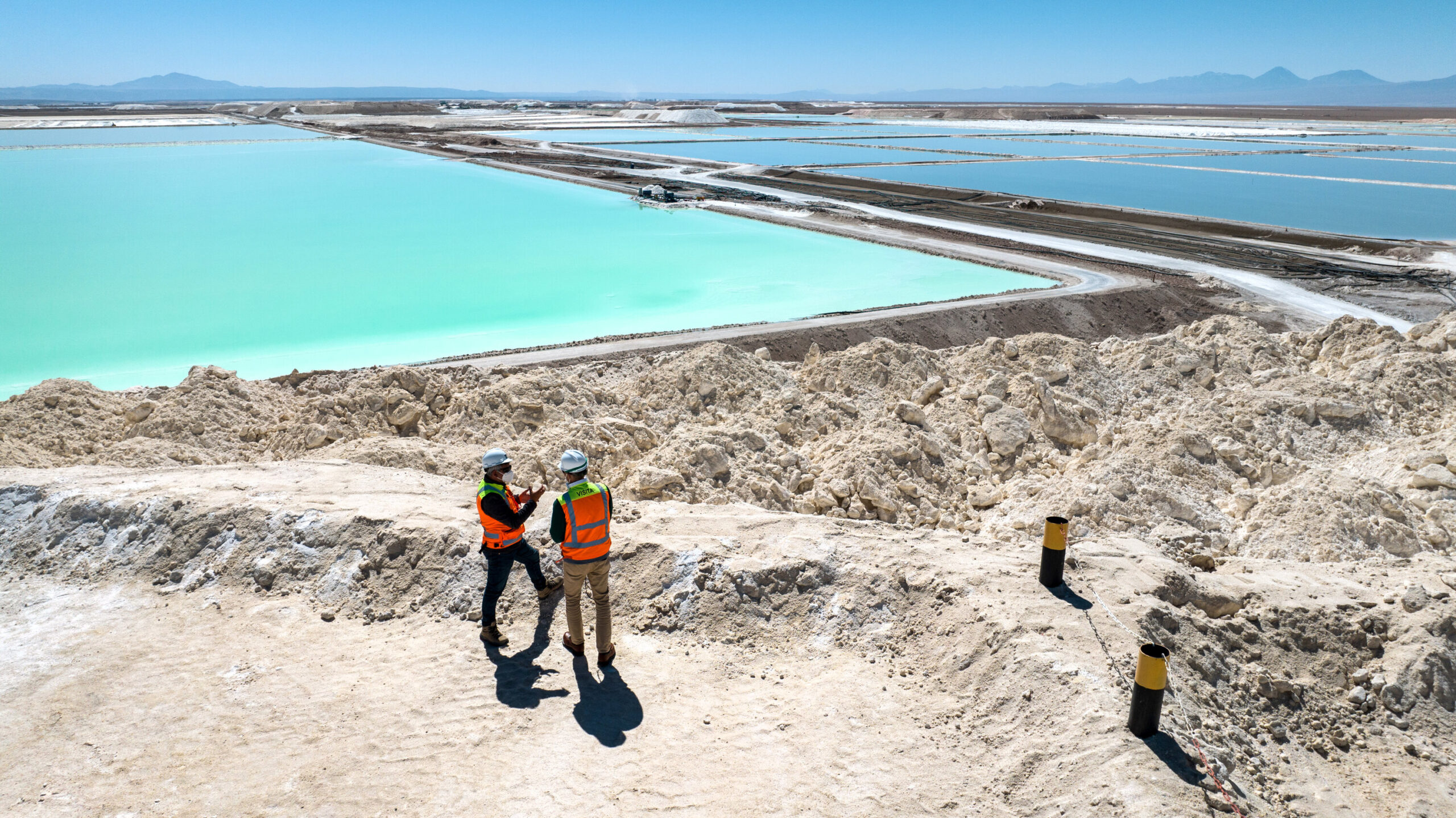U.S. News
Arkansas Lithium Discovery Could Revolutionize U.S. Energy Independence and Global EV Market

Clear Facts
- A USGS-led study discovered significant lithium reserves in southwestern Arkansas, potentially ranging from 5 million to 19 million tons.
- If commercially viable, the lower estimate of 5 million tons could satisfy global lithium battery demand for electric vehicles nine times over by 2030.
- The study utilized machine learning to analyze and predict lithium concentrations in the Smackover Formation, highlighting the potential for increased U.S. lithium production.
A recent investigation spearheaded by the U.S. Geological Survey (USGS) has unveiled a potentially vast lithium reserve in southwestern Arkansas. This discovery could play a crucial role in addressing the surging demand for lithium, particularly for electric vehicle batteries.
The research, conducted in collaboration with the Arkansas Department of Energy and the Environment’s Office of the State Geologist, focused on the Smackover Formation. This geological unit is known for its brines, which are co-produced during oil and gas exploration.
The study’s findings estimate that the Smackover Formation contains between 5 million and 19 million tons of lithium. Although these figures represent the total lithium present and not the amount that can be technically recovered, the implications are significant. If even the lower estimate of 5 million tons is commercially extractable, it could meet the world’s projected lithium battery demand for electric vehicles nine times over by 2030.
Lithium has become a critical mineral due to its essential role in rechargeable batteries for electric vehicles. As the world shifts from fossil fuels to electric and hybrid vehicles, the demand for lithium is expected to continue rising. Beyond batteries, lithium is also used in the production of glass and aluminum, portable electronic devices, and energy grid storage.
“Our research was able to estimate total lithium present in the southwestern portion of the Smackover in Arkansas for the first time,” said Katherine Knierim, the study’s principal researcher and a hydrologist.
She emphasized, “We estimate there is enough dissolved lithium present in that region to replace U.S. imports of lithium and more.”
However, Knierim cautioned that these estimates are based on in-place assessments and do not account for what is technically recoverable with newer extraction methods.
The study employed machine learning, a form of artificial intelligence, to analyze samples from the Smackover Formation. This technology allowed researchers to predict lithium concentrations across the region and create maps, even for areas lacking direct lithium samples.
“Lithium is a critical mineral for the energy transition, and the potential for increased U.S. production to replace imports has implications for employment, manufacturing, and supply-chain resilience,” said USGS Director David Applegate.
He added, “This study illustrates the value of science in addressing economically important issues.”
Currently, the U.S. imports over 25% of its lithium, primarily from Argentina and Chile. With the potential for increased domestic production, the U.S. could reduce its reliance on foreign imports and strengthen its supply chain resilience.
According to a USGS report, the world’s largest lithium reserves are found in Chile, Australia, and Argentina. The U.S. reserves, at 1.1 million tons, pale in comparison. However, the measured and indicated lithium resources in the U.S. are 14 million tons, surpassing those of countries like Chile and Australia.
Globally, lithium’s primary use is in batteries, accounting for 87% of its end use. Other applications include ceramics, glass, lubricating greases, air treatment, and medical uses. The discovery in Arkansas could significantly impact the global lithium market and the future of energy storage.
Let us know what you think, please share your thoughts in the comments below.
